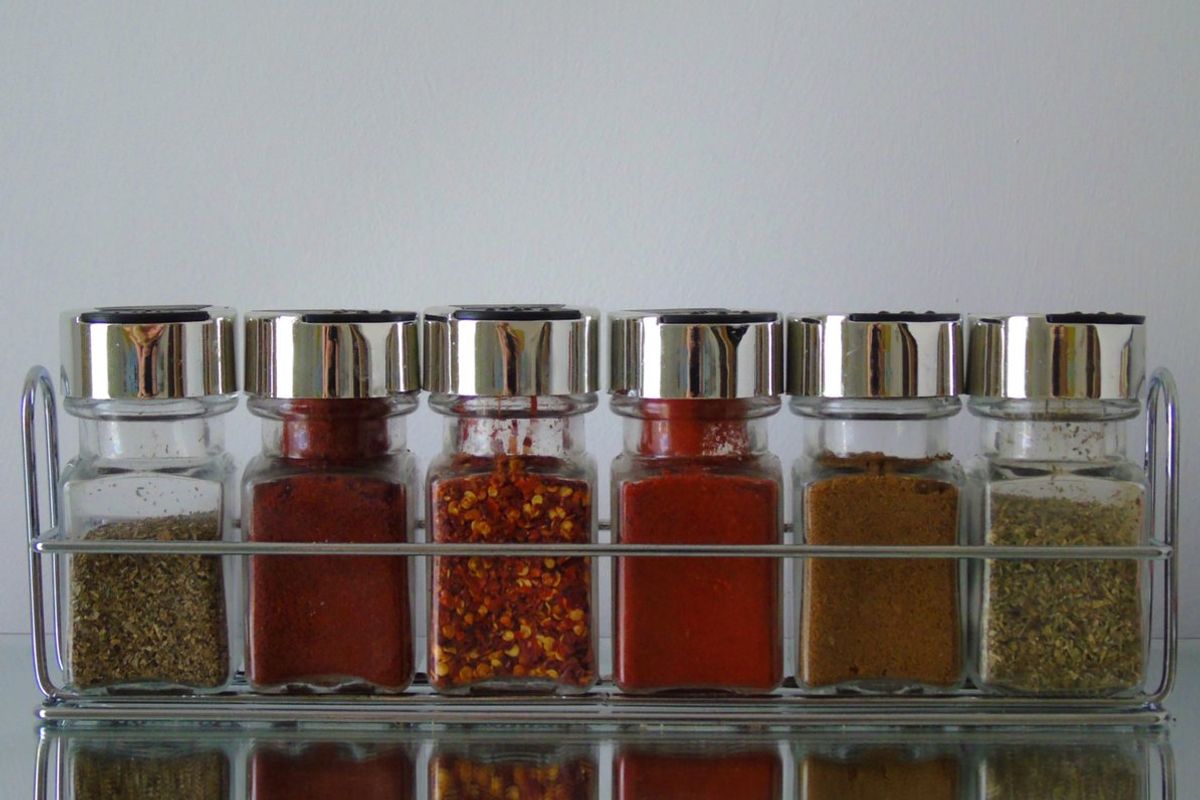Spices not only make food taste better, but they can also have big health benefits. Why not leave the salt-shaker in the cabinet and put some other flavorful spices on your dining table? You’ll be reducing your sodium intake and boosting antioxidants that can lower inflammation.
According to Dr. Steven Joyal, Vice President of Scientific Affairs and Medical Development for the Life Extension foundation and author of the book What Your Doctor May Not Tell you About Diabetes, the ingredients on your spice rack reduce free radicals, cool inflammation, save your joints and help support healthy blood sugar levels.
Here are a few examples of these common ingredients and their important health benefits:
Ginger: Reduces inflammation
Cinnamon: Supports healthy blood sugar levels
Rosemary: Reduces free radicals/oxidant stress
Cumin: Supports healthy blood sugar levels and cholesterol/lipid levels
Turmeric: Reduces inflammation and free radicals/oxidant stress, supports healthy cell growth and repair.

iStock.com/SBphotos






